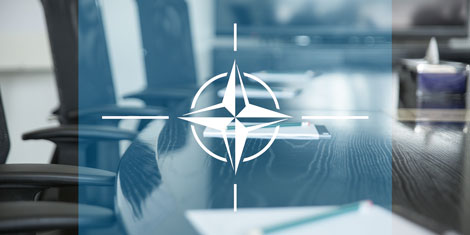
This article was originally published by the Council on Foreign Relations (CFR) on 23 February 2018.
Without increased cooperation, the global digital economy is vulnerable to catastrophic cyberattack.
The Challenge
Information and communications technology (ICT) presents one of the most critical modern challenges to global security. Threat assessments predict that the next major international crisis could be due to a state or terrorist group weaponizing ICTs to devastate critical infrastructure or military logistics networks. The proliferation of asymmetric warfare (i.e., conflicts between nations or groups that have disparate military capabilities) has increased states’ use of ICTs, which necessitates the development of an international code of cyber conduct.


